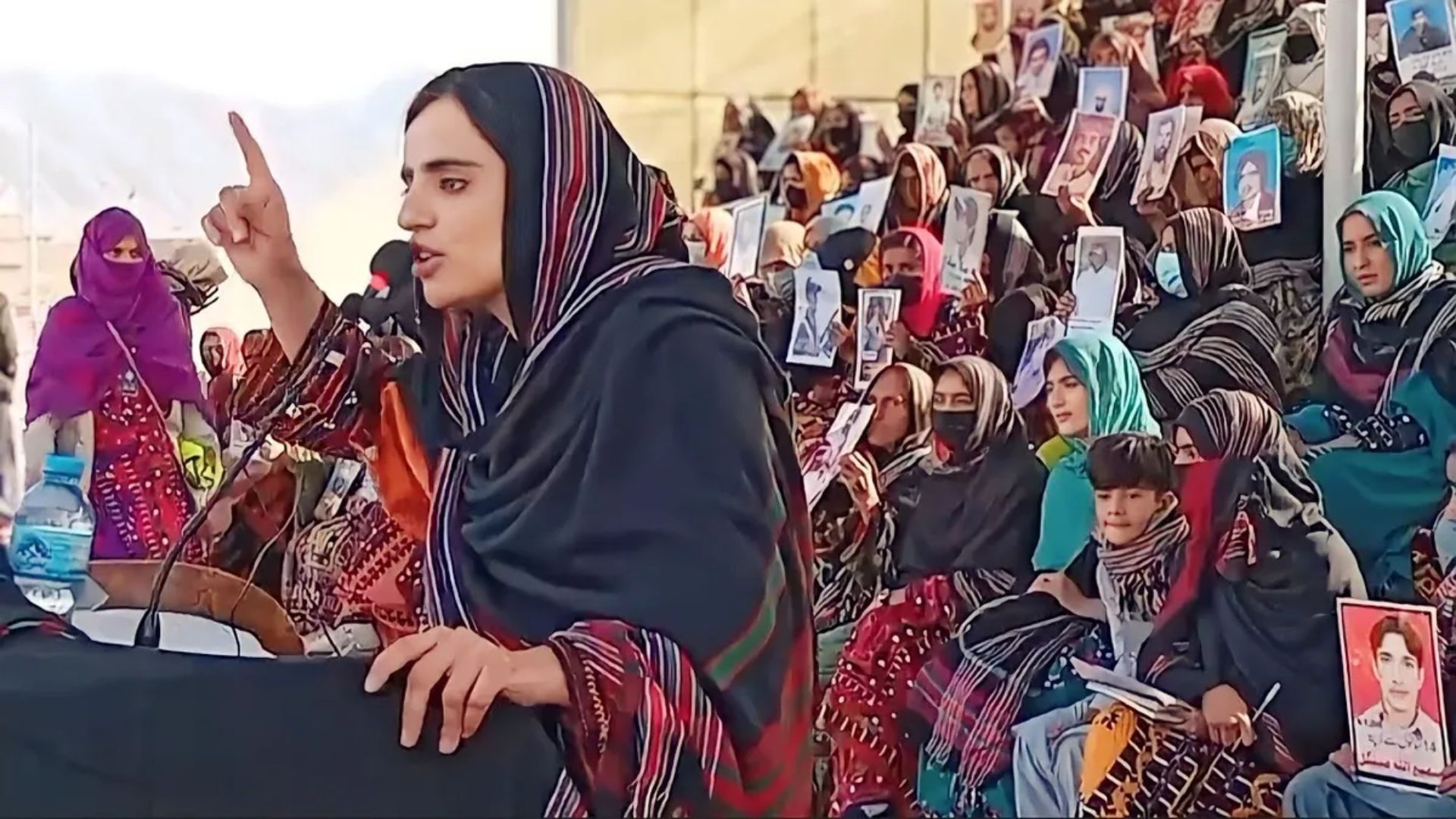The abduction of journalist Matiullah Jan and the violent crackdown on PTI protesters in Islamabad highlight the state’s “fascist and oppressive nature” that has long been endured by the people of Balochistan, said activist Dr. Mahrang Baloch in a statement on X.
“The enforced disappearance of journalist Matiullah Jan from Islamabad, his arrest based on a fabricated FIR, and the violence and killings during PTI protests reveal the state’s fascist face,” she said. “If such actions can occur in the capital, where cameras and media are present, the brutality faced by the people in Balochistan’s remote areas—devoid of media and internet—is unimaginable.”
Dr. Baloch referenced cases in Balochistan where individuals are forcibly disappeared, later killed in “fake encounters,” or charged with “fabricated crimes.” “While bullets were being fired at protesters in Islamabad, Bashir Baloch in Gwadar was shown as arrested under false charges after months of enforced disappearance. He was later killed in a fake encounter and labeled a terrorist,” she said.
She highlighted other recent cases, including the enforced disappearances of Dr. Zafar, his son Raheem, and five guests in Turbat. She also mentioned the killing of 16-year-old Israr Baloch in Turbat and fisherman Abdul Ghaffar in Gwadar, reportedly at the hands of the Coast Guard.
According to Dr. Baloch, more than 100 Baloch youth have been forcibly disappeared in the past month alone, with many subsequently killed in staged encounters.
The activist criticized the silence of politicians, human rights organizations, and the media over what she described as “systematic state violence” against the Baloch people. “When we spoke of atrocities in Balochistan, we were labeled as foreign agents and terrorists,” she said. “Now, those living outside Balochistan are beginning to understand the reality of this state’s oppressive nature. Today, those who ignore our suffering will find their own homes targeted by this same state tomorrow.”
Dr. Baloch concluded by reiterating her solidarity with oppressed communities across the region, emphasizing the need for justice and accountability for victims of “state violence.” “We stand with the oppressed because we understand the pain of this oppression and brutality,” she said.

